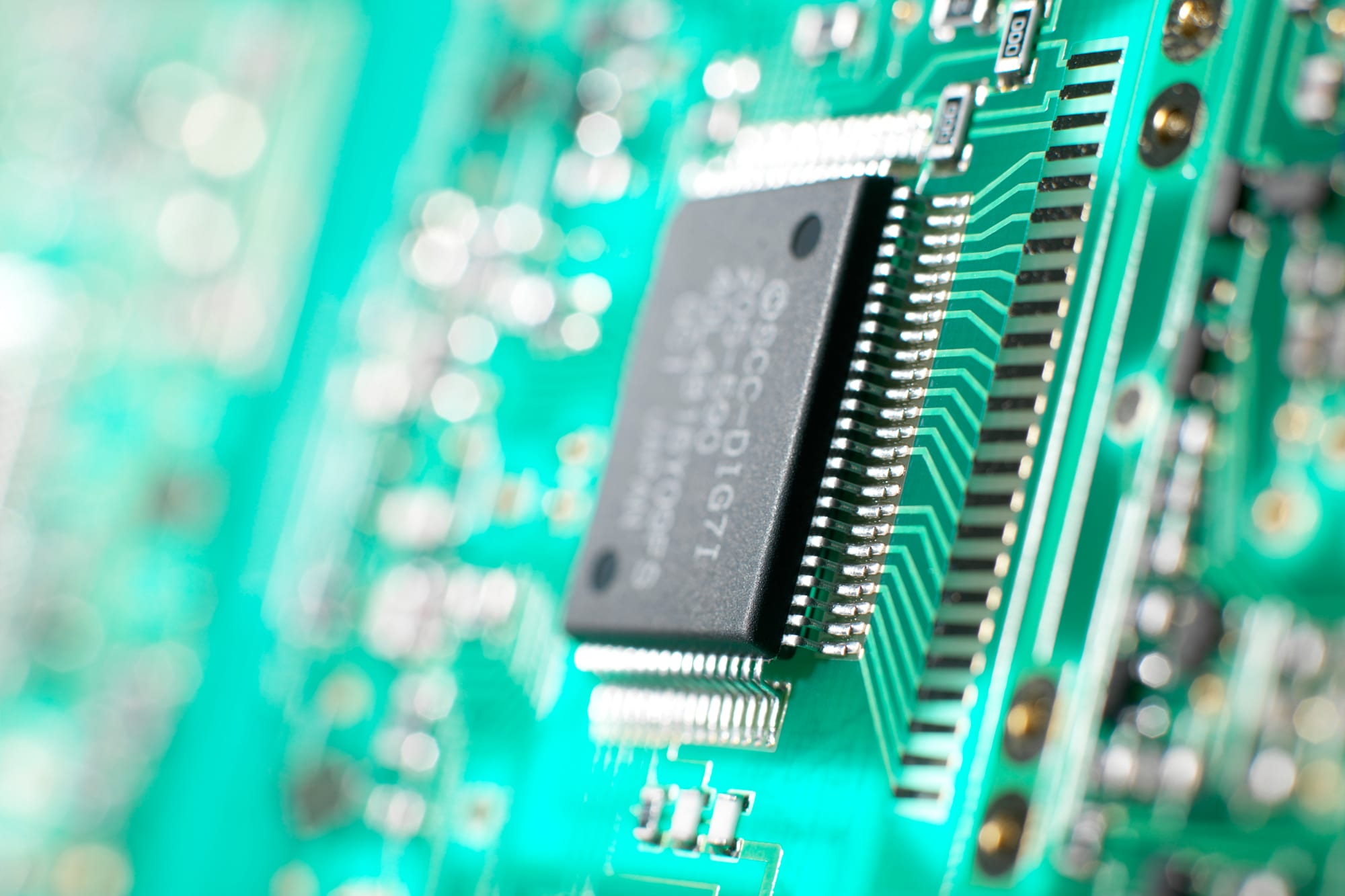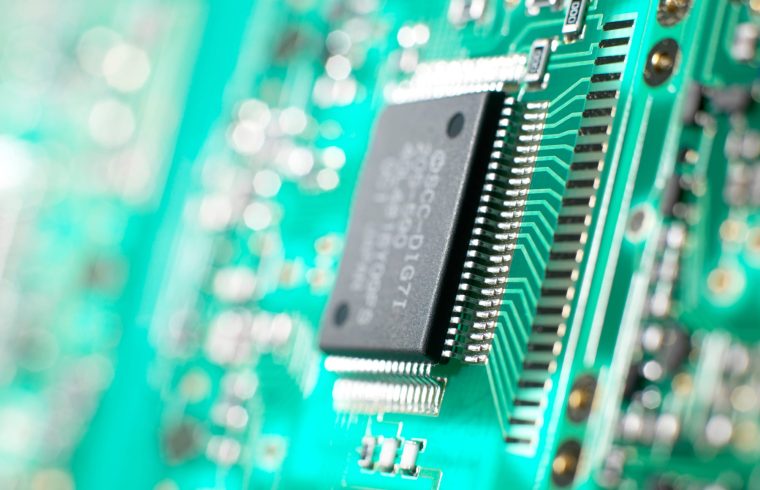
Semiconductor supplies to Huawei have been targeted by Washington as part of the broader U.S.-China trade war.
Fuse | Getty Images
SMIC, China’s biggest chipmaker, kicked off a major 46.28 billion yuan ($ 6.6 billion) share sale on Tuesday.
That was more than double its initial target, amid a sharp rise in the price of its Hong Kong-listed shares as excitement built ahead of the Shanghai stock sale.
In fact, Hong Kong-listed shares are up around 26% in the last five days and over 200% this year.
The contract semiconductor manufacturer is seen as a key player in China’s ambitions to become more self-sufficient when it comes to chips. The capital injection could help SMIC catch up with rivals TSMC and Samsung Electronics, two chipmakers with far more advanced capabilities.
SMIC is initially issuing 1,685,620,000 shares at 27.46 yuan per share. In case of high demand, the investment banks underwriting the offering can increase the total number of shares issued to 1,938,463,000. If that so-called over-allotment option is exercised, SMIC could raise up to 53.23 billion yuan or $ 7.59 billion.
The share sale is the biggest on the mainland in a decade since Agricultural Bank of China’s more than $ 22 billion dual Hong Kong-Shanghai listing in 2010, according to Dealogic data.
SMIC said it will file to be part of China’s Science and Technology Innovation Board, or STAR Board, a push by the world’s second-largest economy to create a Nasdaq-style environment for publicly-listed tech firms.
SMIC bubble?
Beijing has made semiconductors a key pillar of its so-called Made In China 2025 plan, an initiative to boost the production of higher value products. China aims to produce 70% of the semiconductors it uses by 2025, and that drive is backed by billions of dollars of investment by the government.
The U.S.-China trade war turned tech war has also increased Beijing’s focus on chips. Huawei, one of China’s largest technology firms and key to the country’s ambitions in next-generation 5G mobile networking technology, has been hit by a number of U.S. sanctions.
Washington’s latest rule requires foreign manufacturers using U.S. chipmaking equipment to get a license before being able to sell semiconductors to Huawei. The Chinese firm relies on Taiwan’s TSMC for the majority of its chips but has moved a small amount of lower-end chip production to SMIC. However, given that SMIC’s technology is behind that of TSMC, it is hard for Huawei to move its more cutting-edge semiconductor production to the Chinese firm.
SMIC’s Shanghai listing values the company at 109.25 times its 2019 earnings, according to a stock market filing from the company. In comparison, TSMC’s price-to-earnings ratio is 22.73 for the last 12 months.
That valuation has raised some eyebrows given SMIC’s technological gap with competitors. But one analyst said investors are betting on the future growth of the company and China’s semiconductor industry, backed by government policy.
“When you look at this so-called gap you can perceive these things from two angles. First of all, they are lagging behind but the second angle is that they have further room for future growth,” Ronald Wan, non-executive chairman at Partners Financial Holdings, told CNBC’s “Squawk Box Asia” on Tuesday.
“What investors have been speculating right now is that SMIC … has a lot of potential … we need to look at future, we need to look into what will happen in five years or ten years time and so that is the reality of the situation that has been driving investors crazy about pouring money into the stock.”







